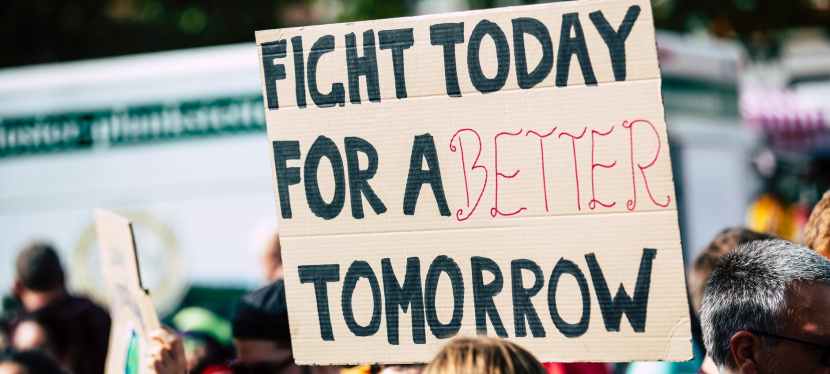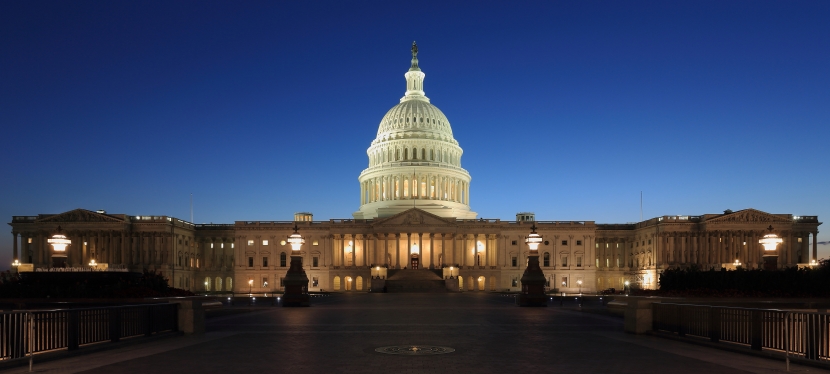By Frank Sherman
The busy news cycle didn’t give enough attention to the signing of the Inflation Reduction Act (IRA) by President Biden this past Tuesday, representing the single largest action ever taken by Congress and the U.S. government to combat climate change. It has been a long time coming since the first Congressional hearings on the topic in 1988. Not that Congress hasn’t tried. There have been plenty of false starts on legislation to tackle GHG emissions; however, various forces profiting or otherwise benefiting from the fossil fuel economy have prevailed…..until Tuesday.
While the size of the package is a fraction of the Build Back Better Act passed by the House in November, the emissions reduction components are nonetheless robust and effective. The climate solutions and environmental justice provisions in the $369-billion package will impact nearly every corner of the US economy. Given the unanimous opposition to the bill by Republicans and the slimmest of margins in the Senate, the Democratic reconciliation bill also contains some financial support for the fossil fuel sector, but, as a whole, it represents a major step forward in the fight to preserve a livable planet.
What does $369 billion buy you (EarthJustice)?
- Accelerates the clean energy transition and lowers energy costs by…
- Expanding access to clean energy by making clean energy tax credits more accessible and extending them by 10 years.
- Creating jobs and increases our country’s energy security by investing $60 billion in manufacturing solar panels, batteries, and other clean energy technologies in the U.S.
- Providing funding for low-income families to electrify their homes, including $9 billion in home energy rebate programs.
- Removing barriers to community solar.
- Helps transition the transportation sector away from fossil fuels by…
- Proving tax credits for electric vehicles;
- $3 billion for the U.S. Postal Service to electrify its fleet;
- $1 billion for clean school and transit buses, garbage trucks, and other heavy-duty vehicles, prioritizing communities overburdened by air pollution; and
- $3 billion to clean up air pollution at ports by installing zero emissions equipment and technology.
- Supports communities of color and low-income who face disproportionate harms from pollution and the climate crisis with…
- $3 billion for community-led projects;
- $315 million for air monitoring; and
- Reinstatement of the Superfund Tax.
- Advance practices that make farming climate-friendly with…
- $20 billion to help farmers and ranchers shift to sustainable practices like crop rotation and cover crops; and
- $300 million for research into the climate impact of agricultural practices.
- Support natural climate solutions with…
- $2.6 billion in coastal resilience grants to fund projects;
- $1 billion to ensure federal agencies can conduct robust environmental and NEPA (National Environmental Policy Act) reviews;
- $250 million to implement endangered species recovery plans; and
- $50 million to advance protections for mature and old-growth forests.
Individuals will see these benefits with a 30% tax credit for installing residential solar panels; up to $7,500 tax credit for purchasing an electric vehicle; up to $14,000 credits for home energy efficiency upgrades, including up to $8,000 to install a heat pump; and an average savings $1,800 per year on energy bills and make their costs more stable and predictable compared with volatile fossil fuel prices.
The IRA represents major progress by Congress, but more action will be needed for the US to meet its 2030 target of reducing emissions by 50-52% below 2005 levels (Rhodium Group). This restores some credibility to the US to maintain global leadership on climate change. The effort is by no means over. Eve with the IRA enshrined as law, we must advocate, and ask our portfolio companies to do the same, with federal agencies and states, as well as Congress, to pursue additional actions to close the emissions gap.
You may have missed it, but Tuesday was a great day for people and planet.







